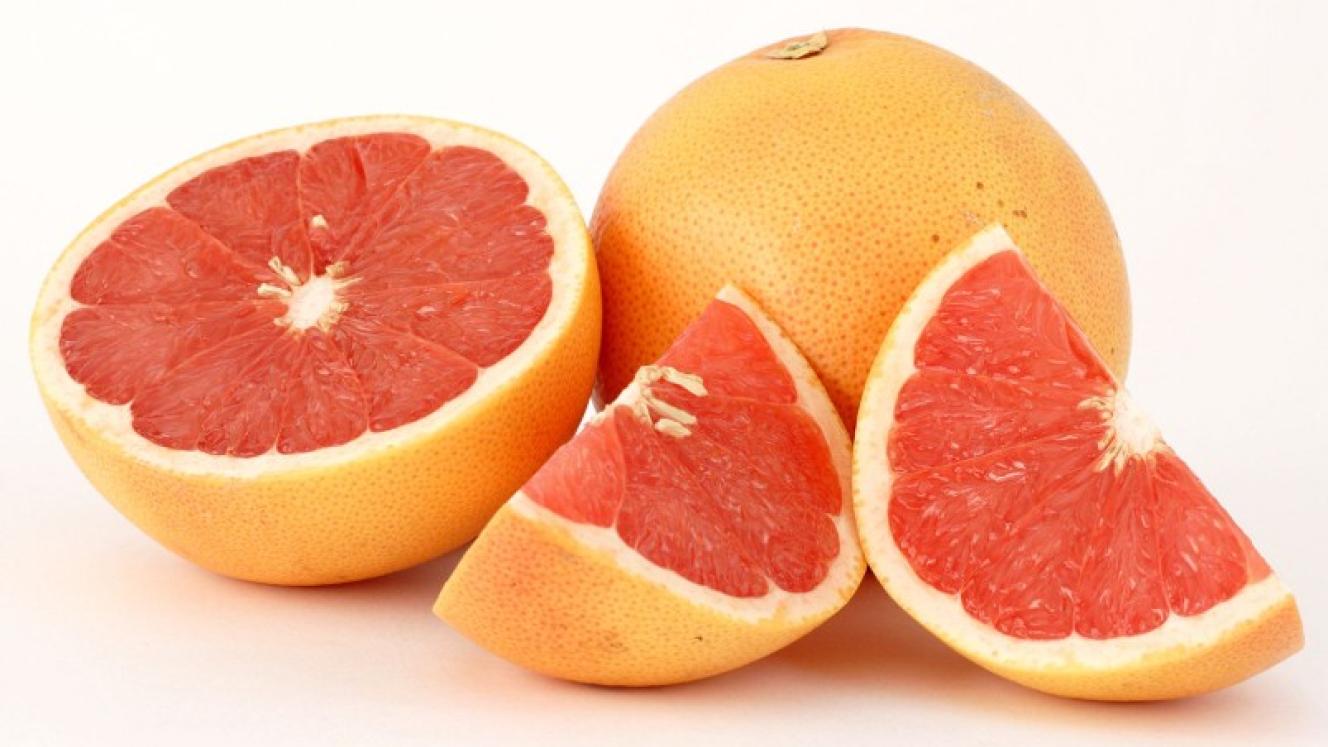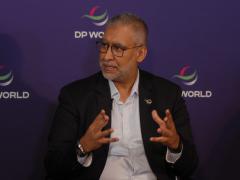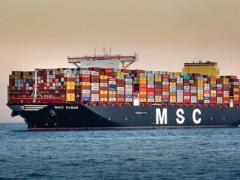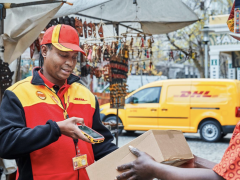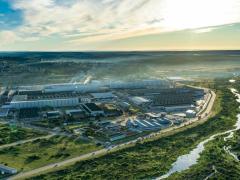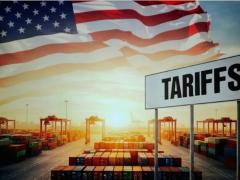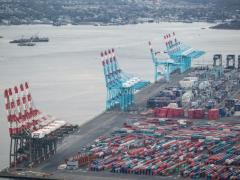The import duties on solar panels have been increased from zero to 10%, based on an application brought by a local manufacturer in 2017.
Donald MacKay, CEO of XA Global Trade Advisors, points out that had these duties been in place in the most recent 12 months, it would have attracted R1.3 billion, as South Africa imported R13b worth of solar panels.
ARTsolar, a local solar panel manufacturer, applied with the International Trade Administration Commission in April 2017 to increase the duties on solar panels, due to the actions of a company with which it partnered, to win a contract in round 2 of the government’s Renewable Energy Independent Power Producer Procurement Programme (REIPPPP).
While ARTsolar provided all-local content, thereby helping the programme comply with the 25% local requirement in the REIPPPP, its partner, SunEdison, imported all the panels from China, putting them in breach of the local-content rules.
MacKay points out that SunEdison was apparently not penalised for circumventing the local content rules, “aside from going bankrupt”, although not due to actions related to the REIPPPP bid.
According to MacKay’s analysis, in the past three years, imports of photovoltaic cells, the main component making up the solar panels, dropped by 75%, while imports of completed solar panels increased.
Moreover, the value of the photovoltaic cells increased, “indicating that the process of converting solar cells to solar panels was becoming more efficient, presenting even further challenges to ARTsolar with its small capacity relative to the large, mainly Chinese, producers” writes MacKay.
ARTSolar said in its 2017 application that it had received R500 million in private investment.
In 2022 the Industrial Development Corporation (IDC) invested R66m for an expansion of ARTsolar, which would, according to the IDC, have increased employment at ARTsolar to “in excess of 200 jobs and a further 1100 indirect jobs ”.
MacKay points out that ARTsolar is the only local solar panel manufacturer. Based on an estimate of 500 employees, the R1.3b in duties that would have been paid in the past year would equate to support of R2.6m per worker per year.
“Few things have harmed the South African economy more than load-shedding, so it boggles the mind that increasing the cost to private individuals, spending their own money to generate electricity, which benefits the whole country, would be taxed for their efforts,” MacKay writes.
“When you tax investment you simply get less investment. Less investment means fewer service sector employees installing and repairing solar panels. All that will happen is prices will rise. Some R1.3b will be taken from the consumer and given to government, the worst allocator of capital in the country. The dream of this duty forming the foundation of a thriving solar panel manufacturing industry is simply a large opium-stuffed pipe dream,” he adds.

